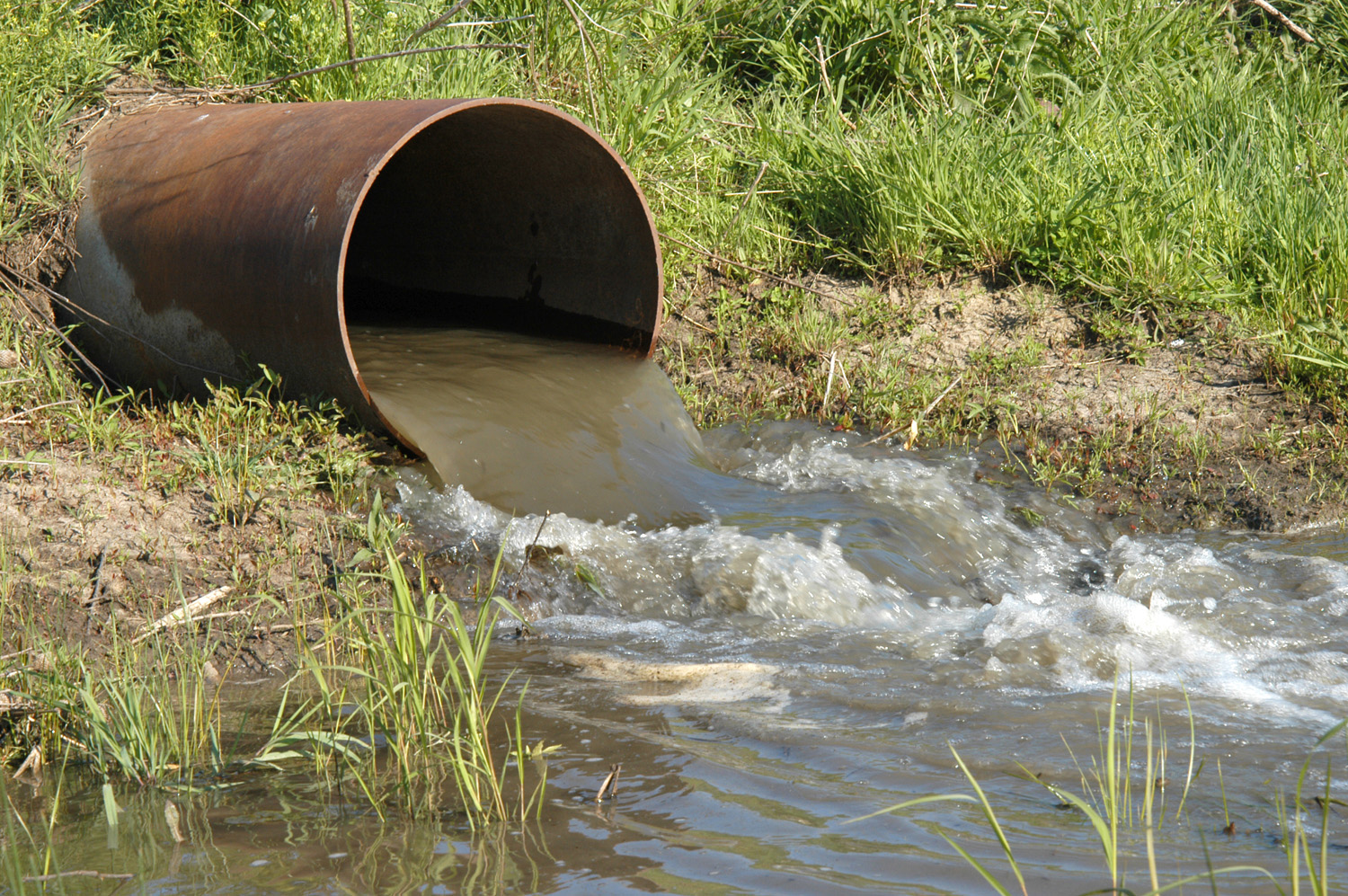Good practices for regulating wastewater treatment: legislation, policies and standards
Good practices for regulating wastewater treatment: legislation, policies and standards
 This UNEP publication presents a critical analysis of successful cases for regulating wastewater treatment and management in six countries - Argentina, Austria, Finland, Jordan, Singapore and South Africa. It reviews procedures and processes in the implementation of wastewater legislation and may be useful for other countries in addressing the global wastewater challenge.
This UNEP publication presents a critical analysis of successful cases for regulating wastewater treatment and management in six countries - Argentina, Austria, Finland, Jordan, Singapore and South Africa. It reviews procedures and processes in the implementation of wastewater legislation and may be useful for other countries in addressing the global wastewater challenge.
 Wastewater treatment is proving a sound investment, as examples from around the world show its benefits stretch beyond human health to include the provision of irrigation for forestry and industry, biogas, domestic water, heat, electricity and fertilizer. A new e-book, released by WaterLex and the United Nations Environment Programme (UNEP), entitled Good Practices for Regulating Wastewater Treatment: Legislation, Policies and Standards, details successful examples of converting wastewater to profit. At US $30 billion per year, the costs of investment in wastewater treatment are high because opportunities for profit are missed. In North America, for example, 75 per cent of wastewater is treated but only 3.8 per cent is reused, while in low income countries as little as 8 per cent is treated. The book challenges the negative image of wastewater plants, citing the example of Melbourne, where the largest treatment facility is also a nature reserve protected by the Ramsar Convention on wetlands. The city treats more than half of its wastewater - 500 million m3 a day - by harnessing the natural processes occurring in an 11,000 hectare lagoon system. Methane, which is the by-product of this method, is trapped and used to produce electricity, helping to mitigate climate change and reducing odour. The study also showcases how legal systems can influence water quality and accessibility. For example, the right of humans to a healthy environment, explicitly provided for in the constitutions of 177 countries, has helped in the clean-up of the Matanza-Riachuelo River Basin in Argentina.
Wastewater treatment is proving a sound investment, as examples from around the world show its benefits stretch beyond human health to include the provision of irrigation for forestry and industry, biogas, domestic water, heat, electricity and fertilizer. A new e-book, released by WaterLex and the United Nations Environment Programme (UNEP), entitled Good Practices for Regulating Wastewater Treatment: Legislation, Policies and Standards, details successful examples of converting wastewater to profit. At US $30 billion per year, the costs of investment in wastewater treatment are high because opportunities for profit are missed. In North America, for example, 75 per cent of wastewater is treated but only 3.8 per cent is reused, while in low income countries as little as 8 per cent is treated. The book challenges the negative image of wastewater plants, citing the example of Melbourne, where the largest treatment facility is also a nature reserve protected by the Ramsar Convention on wetlands. The city treats more than half of its wastewater - 500 million m3 a day - by harnessing the natural processes occurring in an 11,000 hectare lagoon system. Methane, which is the by-product of this method, is trapped and used to produce electricity, helping to mitigate climate change and reducing odour. The study also showcases how legal systems can influence water quality and accessibility. For example, the right of humans to a healthy environment, explicitly provided for in the constitutions of 177 countries, has helped in the clean-up of the Matanza-Riachuelo River Basin in Argentina.







